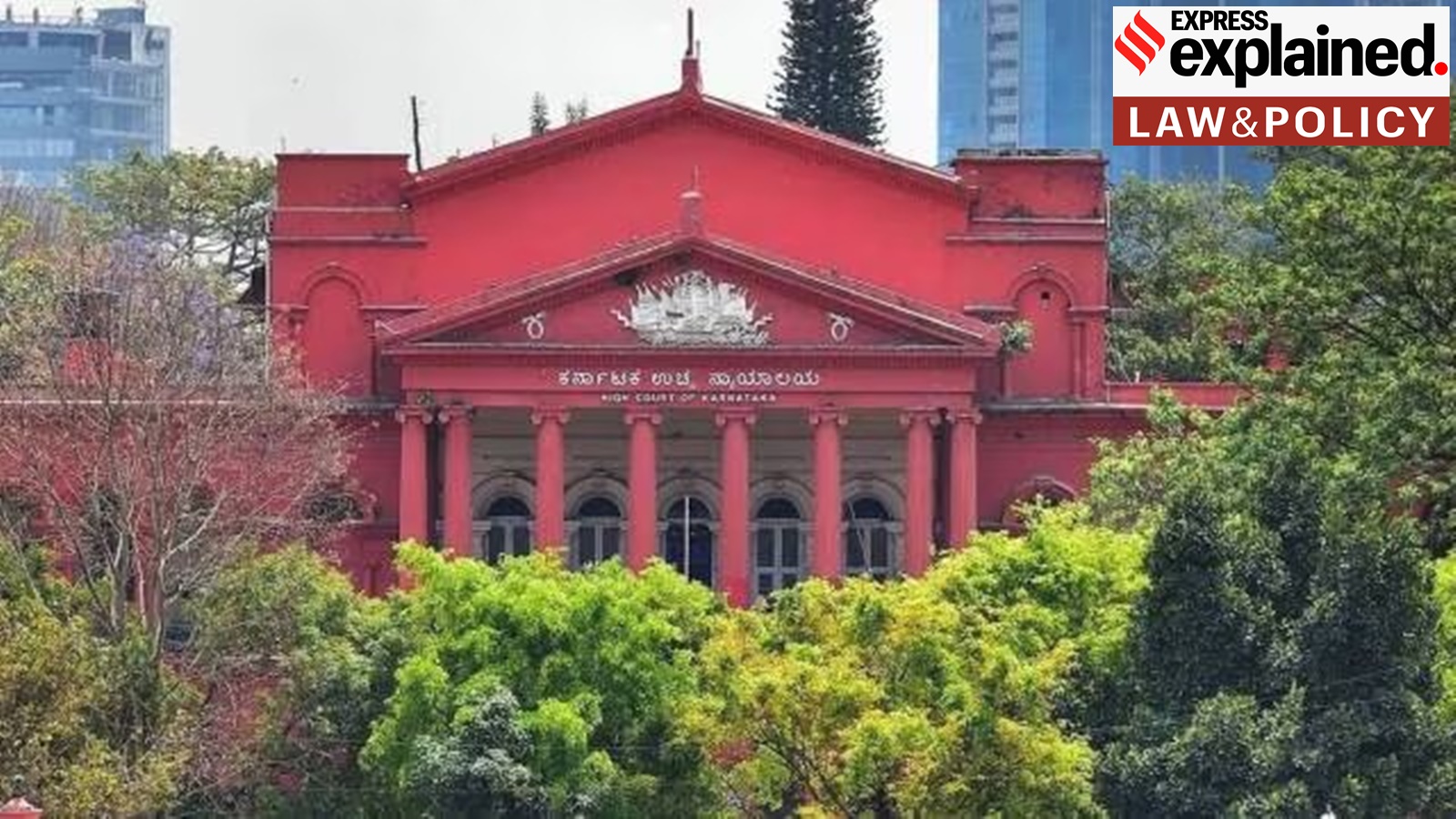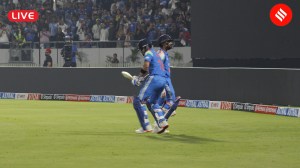Karnataka HC refuses to quash POCSO proceedings against madrasa trustee: the case and ruling, explained
The madrasa trustee is facing a case for not reporting an offence under the POCSO Act. What does the law say about reporting cases of sexual offences against children?
 The court disagreed with the trustees' claim to have not been aware of the incident, as a statement from the victim indicated that the incident was reported. (File)
The court disagreed with the trustees' claim to have not been aware of the incident, as a statement from the victim indicated that the incident was reported. (File)In a recent judgment, the Karnataka High Court ruled against quashing criminal proceedings for not reporting an offence under the Protection of Children from Sexual Offences Act, 2012 (POCSO), which is an offence on its own under the POCSO. The proceedings for non-reporting were initiated against the trustee of a madrasa where two teachers had allegedly sexually assaulted a minor student.
What does the POCSO say about mandatory reporting?
The relevant sections of the POCSO law are Section 19 and Section 21. Section 19 mandates that any person who has an “apprehension” that an offence is likely to be committed or knowledge of an offence that was committed must report the same to either the police or a Special Juvenile Police Unit.
Section 21 prescribes a six-month penalty for failing to report an offence, which can be extended to one year if the person is in charge of an institute/organisation and fails to report the offence of a subordinate. Section 20 mandates similar reporting requirements for employees of “media or hotel or lodge or hospital or club or studio or photographic facilities” with regard to any material in any medium that is sexually exploitative of children.
What did the case involve?
In 2023, an 11-year-old student at the institute was allegedly sexually assaulted multiple times by two teachers. Apart from the main accused, the madrasa trustee was also booked in the case on the grounds that he had not reported the incident despite being aware of it. He was booked under POCSO Sections 17 (punishment for abetment) and 21 (punishment for failure to report a case).
The court disagreed with the trustees’ claim to have not been aware of the incident, as a statement from the victim indicated that the incident was reported. The Bench comprising Justice M Nagaprasanna stated that, “If the statement of the victim is noticed, it would clearly indicate both the offences being met against the petitioner and he has undoubtedly failed to report the offence. The failure would undoubtedly attract punishment under Section 21 of the Act albeit, prima facie. The offences alleged against accused Nos. 1 and 2 are so horrendous and heinous that the petitioner ought to have reported it, the moment he gets knowledge of it.”
The court stated that the founder trustees’ defense that they were not aware of the incident cannot be considered as the victim’s statement “runs completely contrary to the defence of the petitioner”.
What do previous cases say about mandatory reporting?
The Supreme Court had noted in the case of Shankar Kisanrao Khade v. State of Maharashtra (2013) that non-reporting of sexual assault against minor children was a serious crime as “by not reporting they are screening offenders from legal punishment”. The court was hearing the case of a 11-year-old girl who was raped and murdered, where the police failed to file a chargesheet despite medical evidence supporting the crime.
The Supreme Court had subsequently reiterated this point in the case Just Rights For Children Alliance v. S Harish, stating, “We further caution the courts to refrain from showing any form of leniency or leeway in offences under Section 21 of the POCSO, particularly to schools/educational institutions, special homes, children’s homes, shelter homes, hostels, remand homes, jails, etc. who failed to discharge their obligation of reporting the commission or the apprehension of commission of any offence or instance of child abuse or exploitation under the POCSO. Section(s) 19, 20 and 21 of the POCSO are mandatory in nature, and there can be no dilution of the salutary object and purport of these provisions.”
It may be noted, however, that the Himachal Pradesh High Court has previously ruled that Section 21 is bailable as the punishment prescribed is less than three years, and the POCSO itself is silent on whether bail can be granted to an accused under this provision.
By ruling that regular bail is available to an accused, the court held that pre-arrest or ‘anticipatory’ bail could not be granted as it is limited to non-bailable offences under Section 438 of the Code of Criminal Procedure, 1973.
- 01
- 02
- 03
- 04
- 05






































